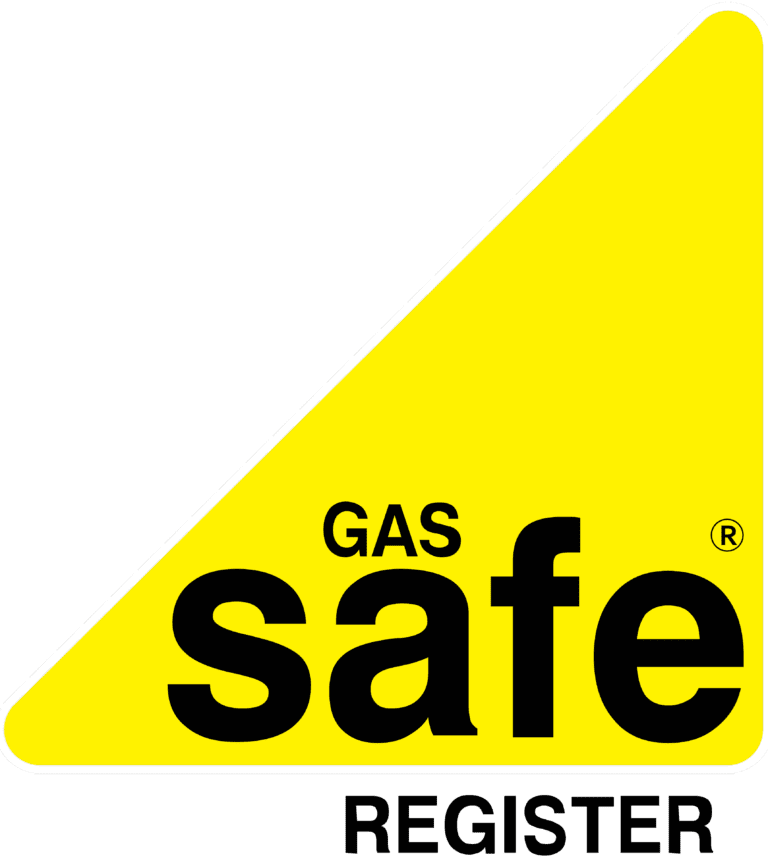Table of Contents
Boilers are essential components of modern homes, providing heat and hot water to ensure comfort throughout the year. However, encountering a leaking boiler can be a daunting experience, causing anxiety about potential damage and the corresponding repair costs. Understanding the underlying causes and knowing how to address them can make a significant difference. This article delves into the reasons behind boiler leaks, effective repair solutions, and preventative measures to avoid future issues. Moreover, we explore when it might be time to consider purchasing a new boiler.
What Causes Boiler Leaks?
Why is My Boiler Leaking Water?
A boiler leak can be attributed to several causes, ranging from minor issues to significant malfunctions. One common reason is the aging of parts within the boiler, especially if the boiler is new, where manufacturing defects might be present. Over time, components such as seals and valves can wear out, leading to water leaks. Additionally, corrosion inside the boiler can compromise its integrity, resulting in water leaking from your boiler. Other potential causes include improper installation, high water pressure, and blockages in the system. It is crucial to address these issues promptly to prevent further damage.
Can High Boiler Pressure Cause a Leak?
Boiler pressure plays a vital role in the efficient operation of your central heating system. However, when the boiler pressure is too high, it can exert excessive force on the boiler’s components, causing them to fail. This increase in pressure may lead to a water leak as the system attempts to relieve the excess pressure through the pressure relief valve. Monitoring and managing boiler pressure effectively is essential to avoid undue stress on the boiler and prevent leaks from arising. Regular checks and adjustments can help maintain optimal pressure levels.
Is a Leaking Boiler Dangerous?
While a leaking boiler may initially seem like a minor inconvenience, it can pose significant dangers if left unaddressed. Water leaking from the boiler can cause structural damage to your home, especially if the water comes into contact with electrical components. Moreover, if the leak is accompanied by a gas leak, the situation becomes even more hazardous, posing a risk of fire or explosion. It is imperative to treat any boiler leak with urgency and seek professional assistance to ensure safety.
How to Fix a Leaking Boiler?
Steps to Repair a Leaking Boiler
Repairing a leaking boiler requires a systematic approach to identify the root cause and fix the issue. Begin by switching off the water supply to prevent further leakage. Inspect the boiler to locate the source of the leak, paying close attention to areas around valves and pipes. If the issue is minor, such as a loose connection or a worn-out seal, it may be possible to repair it yourself. However, if the leak is due to internal corrosion or a faulty pressure relief valve, it is advisable to call a heating engineer for professional boiler repair.
When to Call a Heating Engineer?
While some minor leaks can be managed without professional help, certain situations necessitate the expertise of a heating engineer. If you notice water accumulating rapidly, or if the boiler’s leaking water is persistent despite your attempts to address it, professional intervention is required. Additionally, if there are signs of a gas leak or if the boiler is leaking water from multiple points, it is crucial to seek expert assistance immediately. A qualified heating engineer can carry out a thorough inspection, diagnose the issue accurately, and provide effective repair solutions.
Can I Use My Boiler If It’s Leaking?
Using a boiler that is leaking water is not recommended, as it can exacerbate the problem and lead to more significant damage. Operating a leaking boiler can compromise its efficiency and may result in higher energy bills. Moreover, the presence of a water leak could indicate underlying issues that need addressing to prevent potential hazards. It is best to turn off your water supply and the boiler itself until the leak has been repaired and the system is deemed safe to use.
How to Prevent My Boiler from Leaking?
Regular Boiler Inspection and Maintenance
Preventive measures are key to keeping your boiler in good working order and avoiding leaks. Scheduling an annual boiler service can help identify and rectify potential issues before they result in a leak. During a boiler service, a professional will inspect critical components and ensure everything is functioning correctly. This regular maintenance helps extend the lifespan of your boiler and enhances its reliability, reducing the likelihood of a leak.
Managing Boiler Pressure Effectively
Maintaining appropriate boiler pressure is essential in preventing leaks. Regularly check the pressure gauge to ensure it is within the manufacturer’s recommended range. If you notice fluctuations in pressure, adjust it accordingly by following the guidelines provided in the boiler’s manual. If the boiler pressure is consistently too high or too low, it may indicate an underlying problem that requires professional attention. Effective pressure management can prevent undue stress on the boiler’s components and reduce the risk of leaks.
How to Identify Early Signs of a Leak?
Identifying early signs of a leak can help you address the issue before it escalates. Look for water around the base of the boiler or damp patches on nearby walls and floors. Additionally, a decrease in water pressure or unusual noises from the boiler may indicate a leak within the system. Regularly inspecting your boiler for these signs can help you take prompt action, preventing further damage and costly repairs.
When Do I Need a New Boiler?
Evaluating the Costs of a New Boiler
Deciding whether to repair or replace a leaking boiler involves evaluating the costs involved. If the cost of repairs is substantial and the boiler have corroded beyond repair, investing in a new boiler may be more economical in the long run. Additionally, older boilers are often less energy-efficient, leading to higher utility bills. A new boiler, while initially more expensive, can offer improved efficiency and reliability, resulting in cost savings over time.
Signs That You Need a New Boiler
Several signs may indicate that it is time to consider getting a new boiler. Frequent breakdowns and repairs, rising energy bills, and the inability to maintain consistent heating and hot water are common indicators. Additionally, if your boiler is over 15 years old, it might be nearing the end of its lifespan, and a replacement could be more cost-effective. A heating engineer can assess your current system and recommend whether a new boiler is necessary.
Choosing Between Repair and Replacement
When faced with a leaking boiler, deciding between repair and replacement requires careful consideration of several factors. Assess the age and condition of your current boiler, the frequency of repairs, and the overall efficiency of the system. If the boiler is relatively new and the issue is minor, a repair may suffice. However, if the boiler is old and inefficient, replacing it with a new model could be the better option. Consulting with a heating engineer can provide valuable insights to make an informed decision.
What Are the Safety Concerns with a Leaking Boiler?
Understanding the Risks of a Gas Leak
A leaking boiler not only causes water damage but may also result in a gas leak, posing significant safety risks. A gas leak can lead to carbon monoxide poisoning, which is life-threatening. It is crucial to have a carbon monoxide detector installed near the boiler and to ensure regular maintenance to detect any potential leaks early. If you suspect a gas leak, evacuate the premises immediately and contact emergency services.
How to Check the Pressure Relief Valve?
The pressure relief valve plays a critical role in maintaining safe pressure levels within the boiler. To check the valve, ensure the boiler is off and cool, then locate the valve and inspect it for any signs of damage or corrosion. If the valve is faulty, it may not function correctly, leading to leaks. Replacing a defective pressure relief valve can help prevent leaks and maintain the safety of your boiler system.
Immediate Steps to Take If Water Is Leaking
If you notice water is leaking from your boiler, take immediate action to minimize damage and ensure safety. Turn off the boiler and switch off the water supply to stop the leak. Mop up any water around the area to prevent damage to your floors and walls. Contact a heating engineer to assess the situation and carry out necessary repairs. Acting promptly can prevent further damage and reduce repair costs.

